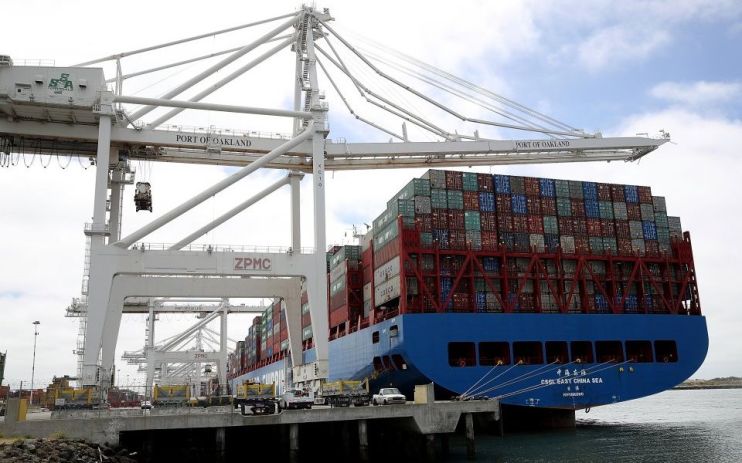‘Feel the pain’: China set to retaliate on US tariffs, says state newspaper

China will soon unveil plans to impose retaliatory tariffs on certain goods, the editor of a Chinese state-backed newspaper has said.
Read more: Chinese renminbi set for another weekly fall on trade tensions
Hu Xijin, editor of the Global Times, tweeted: “Based on what I know, China will take further countermeasures in response to US tariffs on $300 billion [£246bn] Chinese goods. Beijing will soon unveil a plan of imposing retaliatory tariffs on certain US products.”
“China has ammunition to fight back. The US side will feel the pain.”
The Global Times is a Chinese and English-language tabloid newspaper published Communist Party’s People’s Daily. Hu has often been first to reveal China’s intentions in the long-running trade dispute.
Hu’s tweet comes three weeks after US President Donald Trump vowed to slap 10 per cent tariffs on $300bn of Chinese goods, which would mean almost all Chinese exports to the US are levied.
Trump later backtracked on the plan, postponing until December tariffs on almost half of the goods, including laptops and mobile phones.
Yesterday, Chinese ministry of commerce spokesman Gao Feng said that despite the postponement, “if the United States rides roughshod over China’s opposition and impose any new tariffs, China will be forced to adopt retaliatory actions”.
Earlier this month, the US officially labelled China a currency manipulator after its renminbi currency fell to the seven-per-dollar level not seen since the financial crisis. The US said it artificially cheapens Chinese goods and boosts exports. The renminbi has since fallen further.
Julian Evans-Pritchard, senior China economist at Capital Economics, said it raised the prospect of a currency war. “There is speculation that the Trump administration could attempt to weaken the US dollar,” he said.
Read more: Apple’s Tim Cook cautions Donald Trump over China tariffs
“The main outcome of a US attack on the renminbi would not be a stronger Chinese currency but rather higher foreign holdings of renminbi assets.” This is something the Chinese government has encouraged.
(Image credit: Getty)